Culture
The African Artists with disabilities changing the Narrative
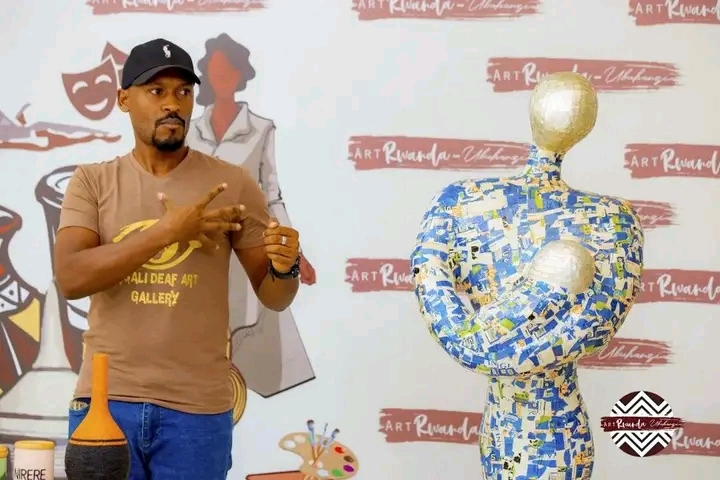
The African Artists with disabilities changing the Narrative, one step at a time.
Calvin Ratladi
Born in Witbank, Mpumalanga Province on January 29, 1991, Calvin Ratladi is a South African powerhouse. Not only is he a SAFTA-winning artist (2022) for his captivating performance in the historical drama series Shaka iLembe, but he’s also a prolific writer, director, and champion for disability inclusion in the arts.
Ratladi’s artistic journey began in 2010 with the establishment of the Calvin Ratladi Foundation, a testament to his dedication to nurturing artistic expression. He holds a B.Tech degree in Drama from the Tshwane University of Technology and is currently pursuing his Master’s degree at UP.
Adept at captivating audiences on both stage and screen, Ratladi boasts an impressive theatre career dating back to 2013. He breathed life into diverse characters, from Animus & Ensemble in Dis[illusion] to Estragon in Waiting for Godot. From 2017 to 2018, he delivered a powerful performance as Man in Human Pieces II, further solidifying his versatility.
Ratladi’s talents extend far beyond acting. He’s a skilled writer and director, having helmed productions like King Lear (2016), Silent Scars (2017), and The Dead Chant in Death (2018). His 2019 work, Nongqawuse, showcased his ability to both write and direct.
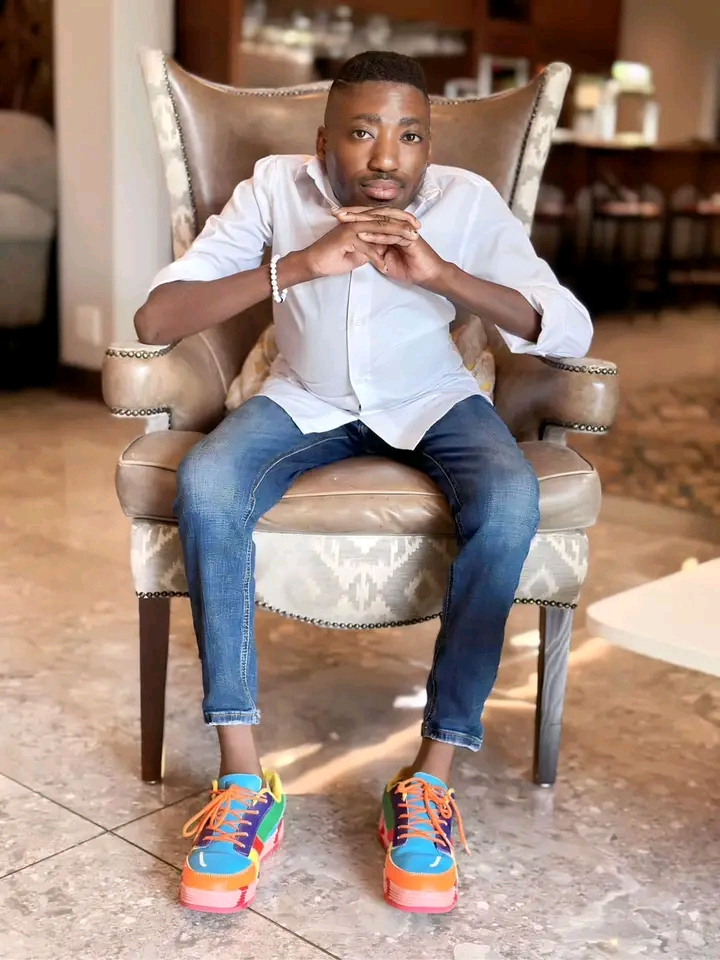
Ratladi’s dedication to social causes is evident. In 2022, he received the Outstanding Person with a Disability award at the SAFTAs. He’s also the recipient of the prestigious Naledi Award and the 2019 Lesedi Spirit of Courage Award, becoming the first Black recipient in the award’s history.
Ratladi’s literary prowess extends beyond scripts. He’s the author of “The Ram And Its Behind” and co-authored “Roots in The Sky” and “MaNgoyi – The Life of Lilian Ngoyi.” Additionally, he serves as the curator of the international theatre project A Gathering in a Better World (GIABW).
Calvin Ratladi is a true renaissance man of the South African arts scene, consistently pushing boundaries and inspiring others with his multi-faceted talent and unwavering commitment to social change.
Victor Sitali
Born and raised in Zambia, Victor Sitali now paints his vibrant vision from his Dubai studio. Deaf since early childhood, Sitali discovered his artistic voice at the age of 27. His motto, “My voice is heard through the work of my hands,” speaks volumes about the power of art in his life.
Mentored by British artist Trevor Waugh, Sitali’s work focuses on capturing the essence of Africa through portraits, landscapes, and the captivating beauty of birds and eyes. He’s a master of multiple mediums, wielding oil paints, acrylics, watercolors, pastels, and charcoal with equal skill.
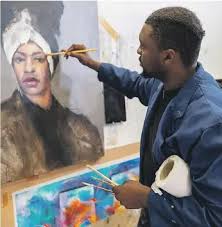
In 2013, he won “Best Artist” and “Highly Recommended” awards at the first Ras Al Khaimah Fine Arts Festival. His talent shone internationally as well, receiving an honorable mention at the International Emerging Artists Award. A highlight of his career came in 2019 with selection for the prestigious 12th Florence Biennale.
Sitali’s artistic journey extends beyond the canvas. From 2011 to 2014, he honed his skills at Mawaheb from Beautiful People. In 2017, he graduated with a degree in Graphic Design from SAE Institute, Dubai.
Today, his passion extends to fostering creativity in others. He conducts workshops on art and sign language, sharing his talents and experiences in schools and art spaces across the UAE.
Sitali’s passion for photography complements his paintings. He freelances for fashion and art events, capturing the vibrancy of the region’s creative scene. His artistic portfolio continues to flourish, as he puts in efforts to attain greater heights.
Prince Nahimana
Prince Nahimana, a deaf Rwandan artist, has carved a space for himself and countless others in the world of art. Despite facing communication barriers and a lack of resources, Nahimana’s artistic passion blossomed at a young age.
Today, at 34, he is the driving force behind the Kigali Deaf Art Gallery, a platform not just for his own work, but for 11 deaf artists to showcase their talents and Rwandan heritage through paintings, sculptures, and fashion.

Nahimana’s vision extends beyond personal success. He aspires to shatter the silence by advocating for sign language as a fundamental right and equipping the deaf community with the tools they need to thrive. His dream is to establish an art training center for deaf children, nurturing their creativity and fostering a path towards self-sufficiency.
By: Yahuza Bawage
For the latest updates, Download P+us app available on Google App Store
Culture
Five Most Celebrated disabled Artists across the World
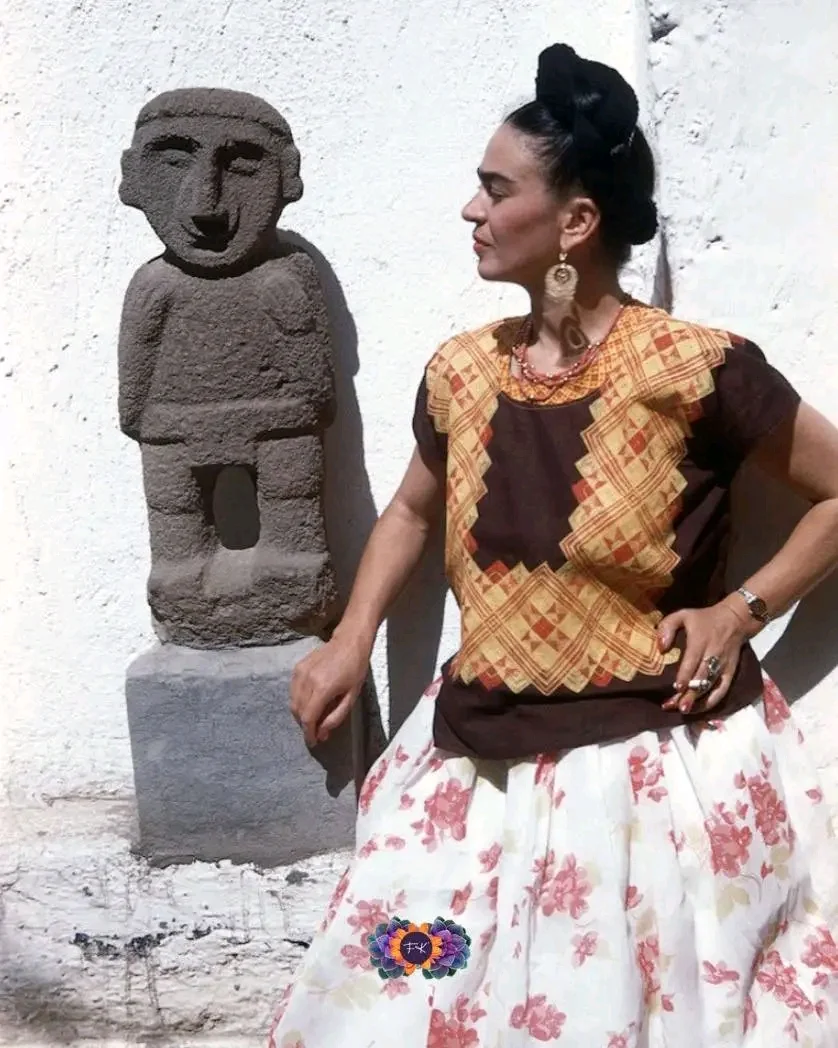
The world often celebrates success, but true inspiration often lies in overcoming adversity. These five individuals, all prominent figures in their respective fields, have defied limitations imposed by disability, proving that the human spirit can soar regardless of any challenges they confront in life.
Their stories not only amplify the achievements of disabled artists, but also highlight the unique talents of disabled artists and their profound impact across the human race.
Sudha Chandran
Although a devastating car accident at 16 claimed Sudha’s leg, yet she refused to let it define her. With unwavering determination, Sudha relearned to dance, this time with a prosthetic limb. Her portrayal of her own life in the film “Mayuri” earned her national recognition, and her career blossomed. Today, Sudha is a celebrated actress, dancer, and reality TV star, inspiring millions with her grace and perseverance. Her journey, a part of the school curriculum in India, serves as a beacon of hope, not just in her home country, but across the globe, solidifying her place among famous disabled artists worldwide.
Aaron Fotheringham
Forget conventional skate parks. Aaron Fotheringham, better known as “Wheelz,” rewrites the rules on a specially designed wheelchair. Born with Spina Bifida, Aaron never let his disability clip his wings. From a young age, he embraced challenges, mastering walkers and crutches before conquering skate ramps at eight. Fearless and innovative, Aaron became a pioneer in Wheelchair Motocross (WCMX), pushing the boundaries of the sport with groundbreaking tricks like backflips and one-wheeled spins. His dedication has earned him not just recognition, but a place among the most influential figures in extreme sports.
Daniel Radcliffe
While the world met him as the bespectacled wizard, Harry Potter, Daniel Radcliffe’s journey is more complex. Diagnosed with dyspraxia, a learning disability affecting coordination, Daniel faced challenges in everyday tasks. Yet, acting proved to be his saving grace. Encouraged by his mother at the age of nine, he landed the iconic role that propelled him to global stardom.
Despite the demands of fame, Daniel excelled in his studies and transitioned seamlessly into a diverse acting career, tackling challenging roles on stage and screen. Openly discussing his dyspraxia, he raises awareness for neurological conditions and inspires others to embrace their differences. Now a father, Daniel thrives on a new chapter, demonstrating that success extends far beyond the world of make-believe.
Nick Vujicic
Nick Vujicic’s story is one of overcoming seemingly insurmountable odds. Born with tetra-amelia syndrome, an extremely rare condition that results in the absence of limbs, Nick endured a childhood filled with hardship and isolation. However, his spirit remained unbroken. Nick discovered his passion for motivational speaking, sharing his story of resilience and self-acceptance with audiences worldwide. As the founder of “Life Without Limbs,” he empowers people with disabilities and inspires them to lead fulfilling lives.
Frida Kahlo
Frida Kahlo, the iconic Mexican painter, battled health issues throughout her life. Diagnosed with Polio as a child left her with lasting physical limitations, and a horrific bus accident in her youth caused severe injuries, including a broken spine. It was during her recovery that Frida turned to art, channeling her pain and experiences into self-portraits that became her signature style.
However, Frida’s work explored themes of identity, suffering, and the female experience. Though she died young, her artwork continues to resonate with audiences today, securing her place among celebrated disabled artists. Beyond her artistic genius, Frida’s defiance of societal norms has made her a celebrated figure within the LGBT community.
These five individuals stand as powerful examples of human potential. They have redefined success, proving that disability is not a barrier to achievement. Their stories inspire us to embrace challenges, celebrate differences, and pursue our dreams with unwavering determination.
These inspiring stories highlight the need for greater global recognition of disabled artists, breaking down barriers and ensuring a more inclusive art industry where disability in the art industry is not a hindrance, but a source of immense creative power.
By Yahuza Bawage
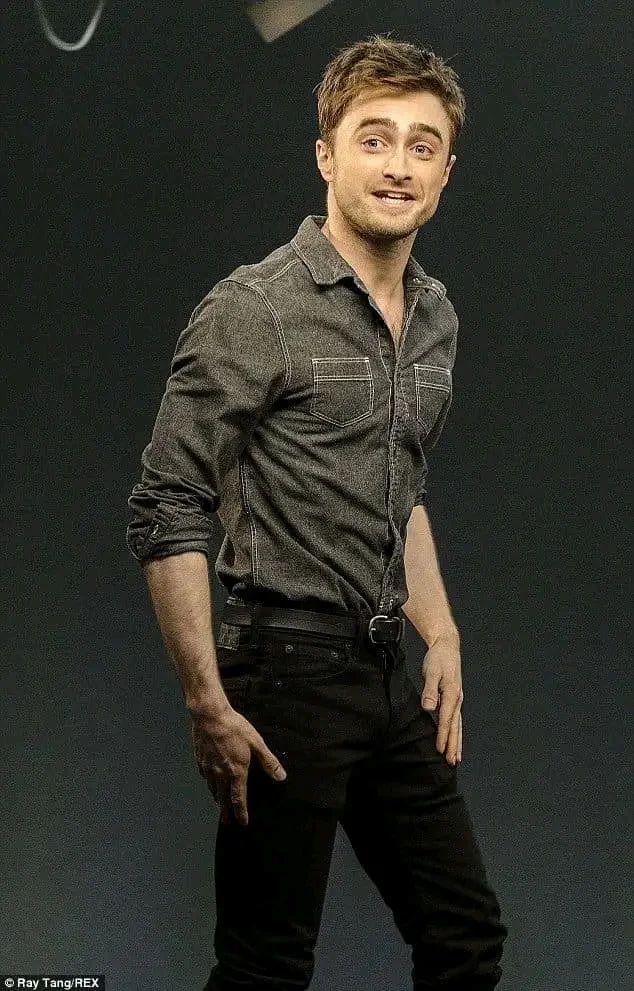
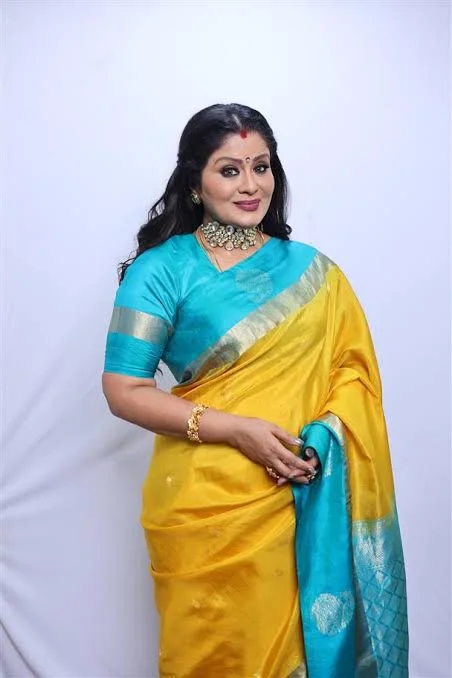
Culture
Neurodiverse Filmmakers Shone in New York Film Festivals
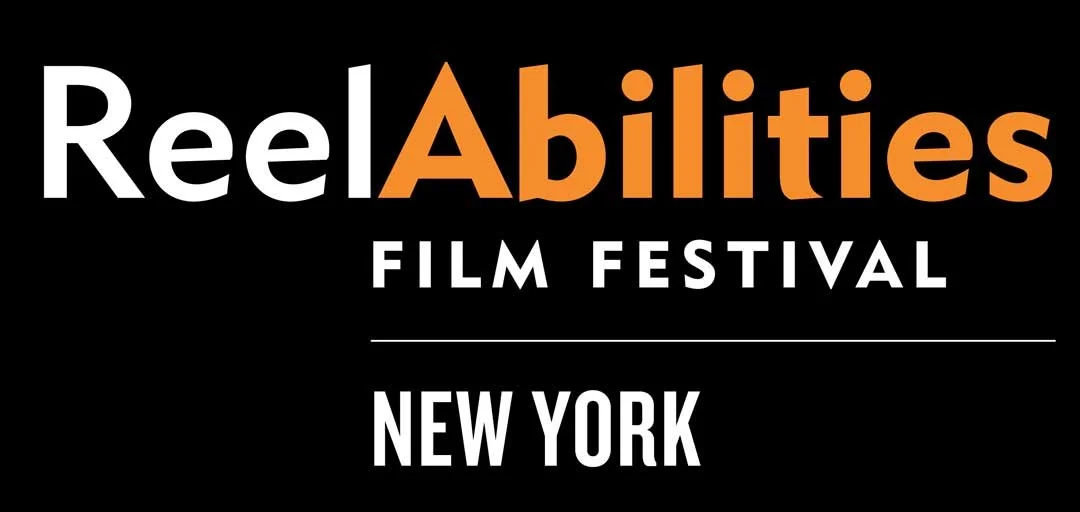
Two prestigious New York-based film festivals, the Marvels of Media and ReelAbilities, recently showcased the transformative power of cinema through narratives crafted by and about neurodiverse individuals. These events not only highlighted diverse films but also marked a significant shift in the film industry’s approach to neurodiversity.
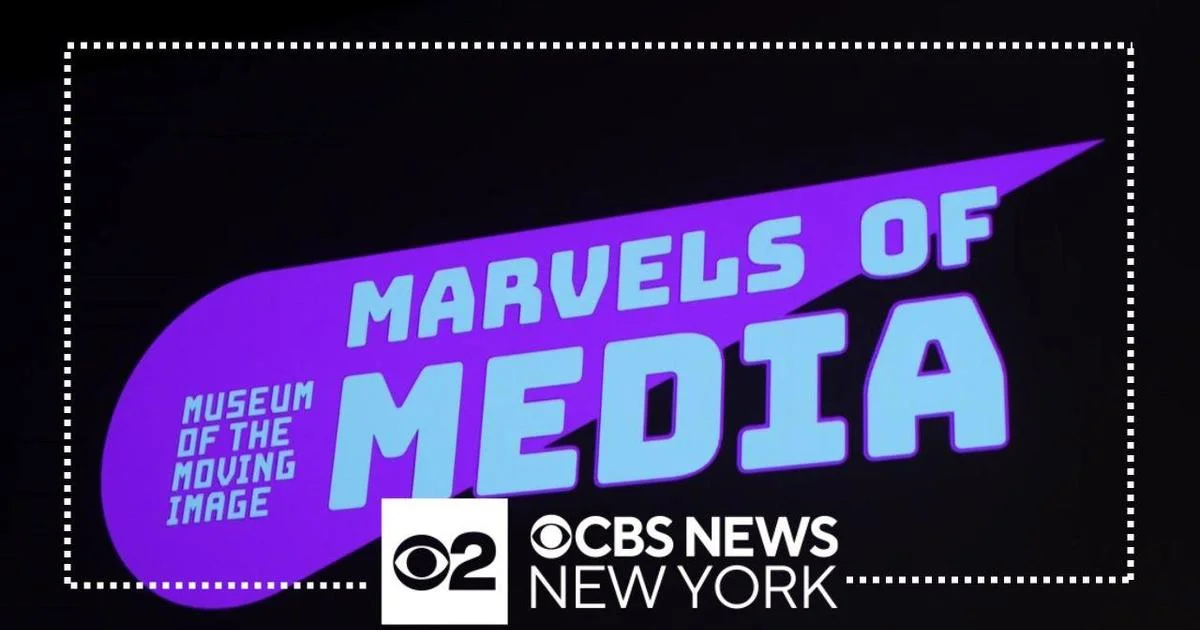
Marvels of Media Festival: Celebrating Autistic Mediamakers The Marvels of Media Festival, held at the Museum of the Moving Image (MoMI) in Queens, became a pioneering platform for mediamakers with autism. Screenwriter Tony Spiridakis, initially unfamiliar with the festival, became an avid supporter after penning his film Ezra, which explores parenting a child on the spectrum. MoMI’s festival offered an unfiltered glimpse into the unique perspectives of autistic creators, challenging the industry to embrace and learn from their authenticity.
ReelAbilities Film Festival: A Stage for Diverse Narratives Simultaneously, the ReelAbilities Film Festival, which ran in early April, featured the New York premiere of Ezra on its opening night. This festival has been a cornerstone for disabled filmmakers and narratives, spotlighting how diverse storytelling can enrich cinema. ReelAbilities co-founder Isaac Zablocki highlighted that films focusing on disabilities are not only marketable because they’re different but also because they bring essential perspectives to the forefront of cinematic discourse.
Impact and Insights from Industry Leaders Both festivals demonstrated their commitment to changing narratives around neurodivergence and disability. Dani Bowman, CEO of Danimation Entertainment and a star in Netflix’s Love on the Spectrum, shared her experiences at MoMI’s “Unique Romances” program. Her journey in animation and television has been pivotal in challenging stereotypes and promoting inclusivity.
Cultural Shifts and Community Building The festivals also fostered community and collaboration among filmmakers and artists. MoMI’s executive director Aziz Isham expressed that the festival was more than just a showcase of films; it was a celebration and a gathering place for neurodiverse makers and their allies to share ideas and build networks.
Looking Forward The Marvels of Media and ReelAbilities film festivals have already made significant strides in elevating neurodiverse voices within the mainstream media landscape. Their past editions have not only featured compelling films but also facilitated discussions and workshops that empowered participants and viewers alike. These festivals are pivotal in shaping a more inclusive and empathetic film industry, promising a future where diverse perspectives are not just recognized but are integral to storytelling.
New York Film Festivals Celebrate Neurodiverse Filmmakers, Showcasing Diverse Narratives and Empowering Voices
The impact of the Marvels of Media and ReelAbilities film festivals extends beyond their screenings. They are pivotal in challenging the norms of Hollywood and the broader film industry, advocating for a cinematic world where neurodiversity is not an exception but a vital part of the narrative landscape. As these festivals continue to inspire and innovate, they ensure that the voices of neurodiverse filmmakers and characters resonate louder and reach farther than ever before.
Culture
Initiatives Empowering people with Albinism in Africa
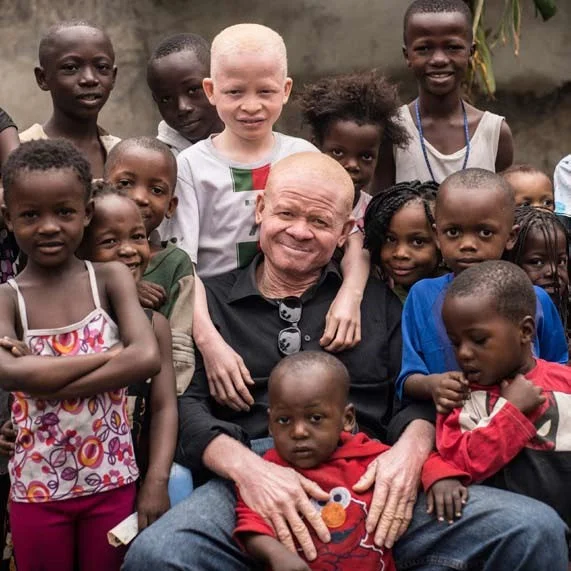
In the heart of Tanzania, a group faces a harsh reality: discrimination and violence due to albinism. Standing Voice, a British and Tanzanian NGO, is on a mission to change that. Founded by filmmaker Harry Freeland, the organization works tirelessly to improve the lives of people with albinism through healthcare, education, advocacy, and community development.
Freeland’s journey with albinism began with a documentary, “In the Shadow of the Sun.” Witnessing the struggles of people with albinism firsthand, particularly the high rate of skin cancer deaths due to lack of access to treatment, sparked his passion to make a difference.
Standing Voice’s approach is centered on empowerment. They train local healthcare professionals to provide crucial dermatological care, including skin cancer screening and prevention. The organization also distributes specially formulated sunscreen, Kilimanjaro Sunscreen (KiliSun), to protect against the harsh African sun.
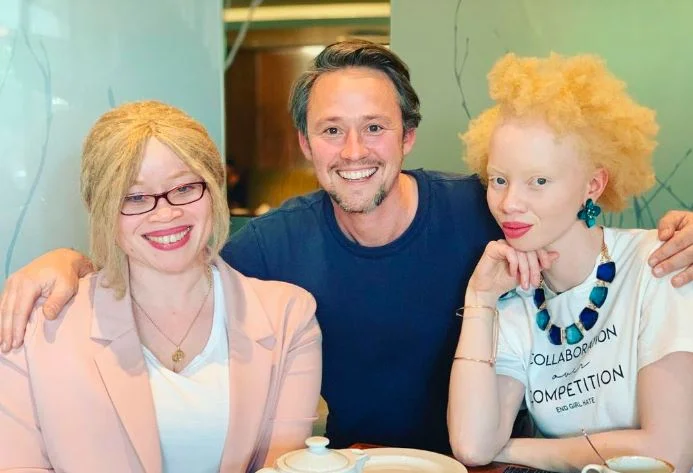
@harry_freeland Instagram
Education is another key area of focus. Many children with albinism struggle in school due to poor vision. Standing Voice’s Vision Programme provides eye exams, distributes corrective lenses, and educates teachers on how to support students with albinism. Breaking the cycle of educational disadvantage is crucial for creating a brighter future.
Economic empowerment is also part of the equation. Standing Voice offers training and employment opportunities, equipping people with albinism with the tools they need to build self-sufficiency and overcome societal barriers.
Advocacy is another vital tool. Standing Voice works with local and international organizations to raise awareness about albinism and fight for the rights of this marginalized group. They believe that integrating people with albinism into society is key to ending discrimination and violence.
A recent partnership with the Pierre Fabre Foundation has further bolstered Standing Voice’s efforts. This collaboration allows the organization to expand its life-saving Skin Cancer Prevention Programme, reaching more people across Tanzania and beyond.
Looking ahead, Standing Voice has ambitious plans. They aim to expand their programs into new regions, train community members as advocates, and continue their important work in education and economic empowerment. Their ultimate goal: a future where people with albinism are not just accepted, but celebrated for their unique qualities.
While Standing Voice tackles the challenges in East Africa, another initiative is fostering a positive transformation further south. In South Africa, The Musicians with Disability and Albinism Project provides a unique platform for differently-abled musicians and people living with albinism. Funded by the National Arts Council, this project empowers these communities through music creation and performance.
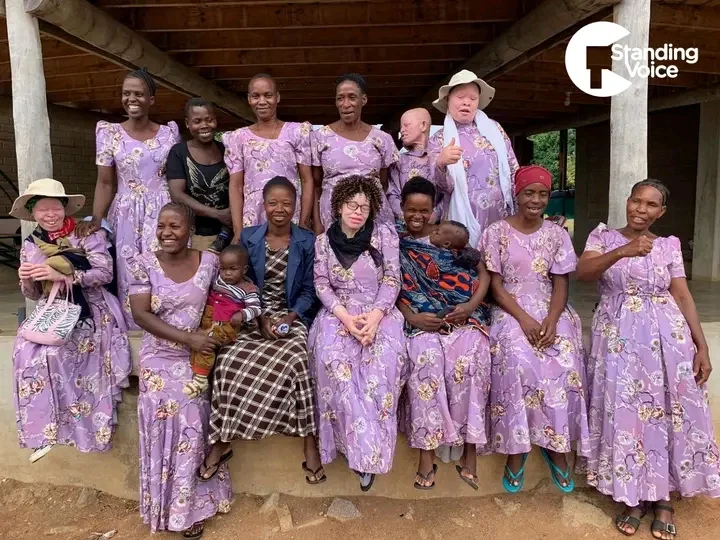
The project participants represent diverse cultural backgrounds, fostering the spirit of ubuntu, a South African philosophy that emphasizes interconnectedness and humanity. Their music addresses critical social issues, mobilizing youth towards positive change and promoting social cohesion.
The Musicians with Disability and Albinism Project successfully created jobs for 40 participants, both disabled and living with albinism. Furthermore, by utilizing local businesses for services like transportation and catering, the project generated indirect economic benefits for the community.
Standing Voice and The Musicians with Disability and Albinism Project offer a compelling vision for the future of albinism in Africa. Through healthcare, education, economic empowerment, and artistic expression, these initiatives are breaking down barriers and promoting inclusion. Their work paves the way for a future where people with albinism are not just accepted, but celebrated for their unique qualities and contributions to society.
By: Yahuza Bawage
If you enjoyed reading this article, be sure to check out this other fascinating piece!
For the latest updates, Download P+us app available on Google App Store




